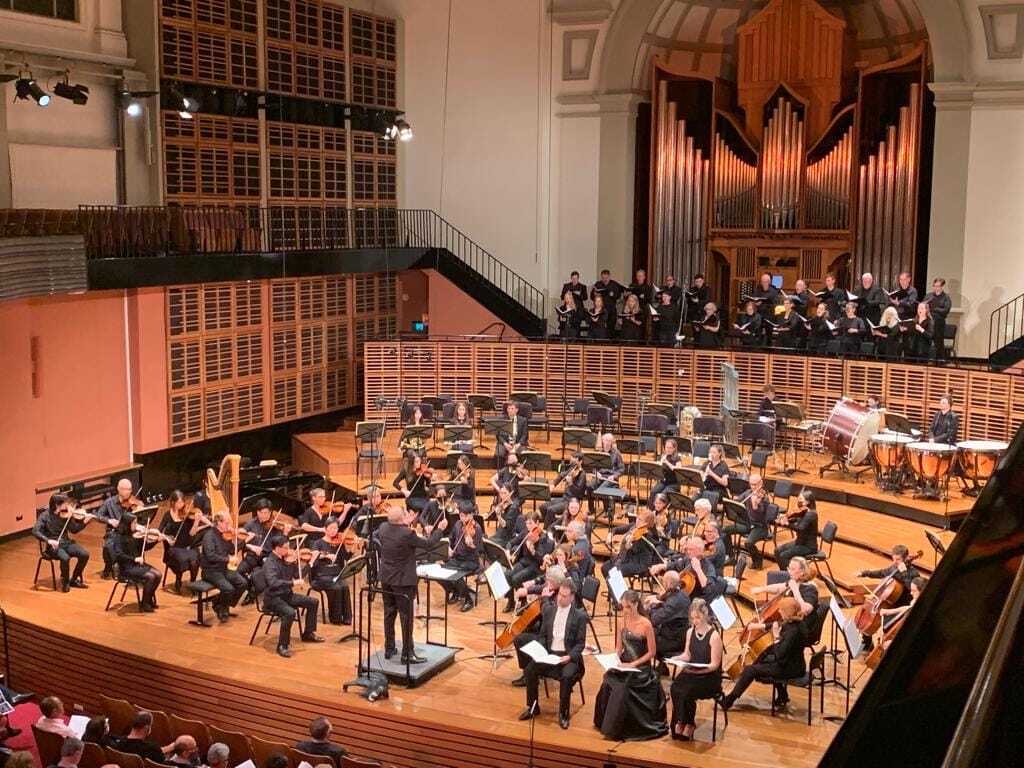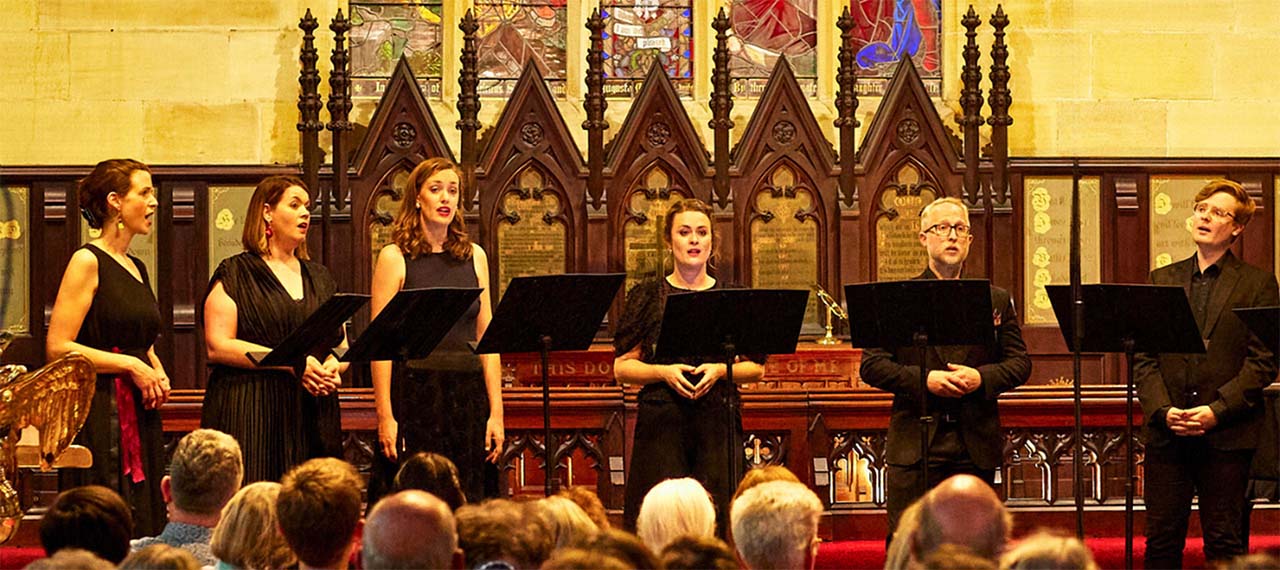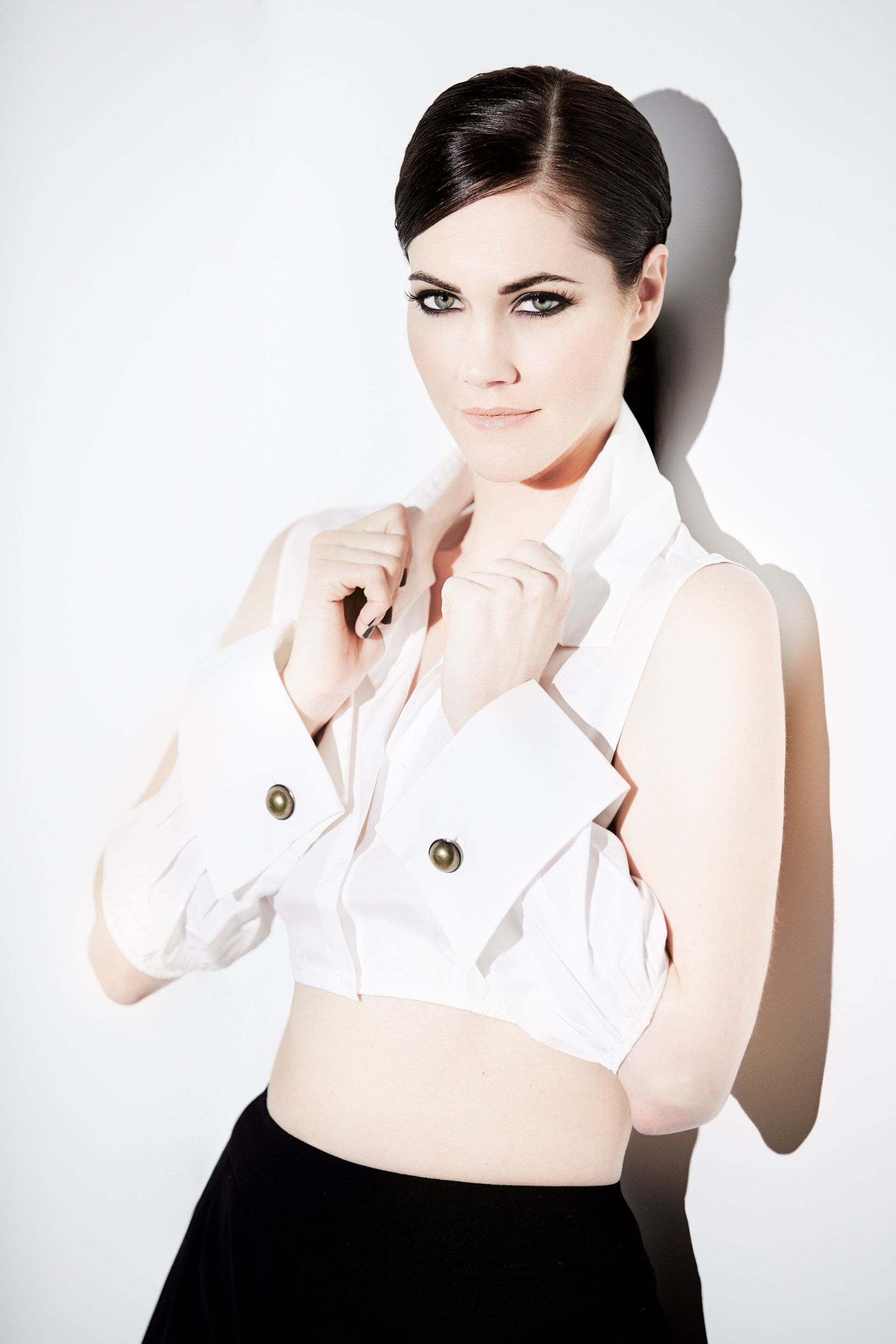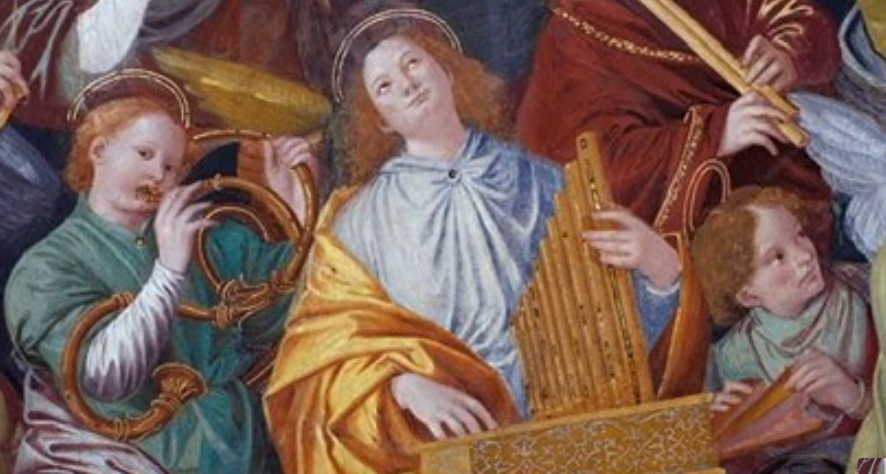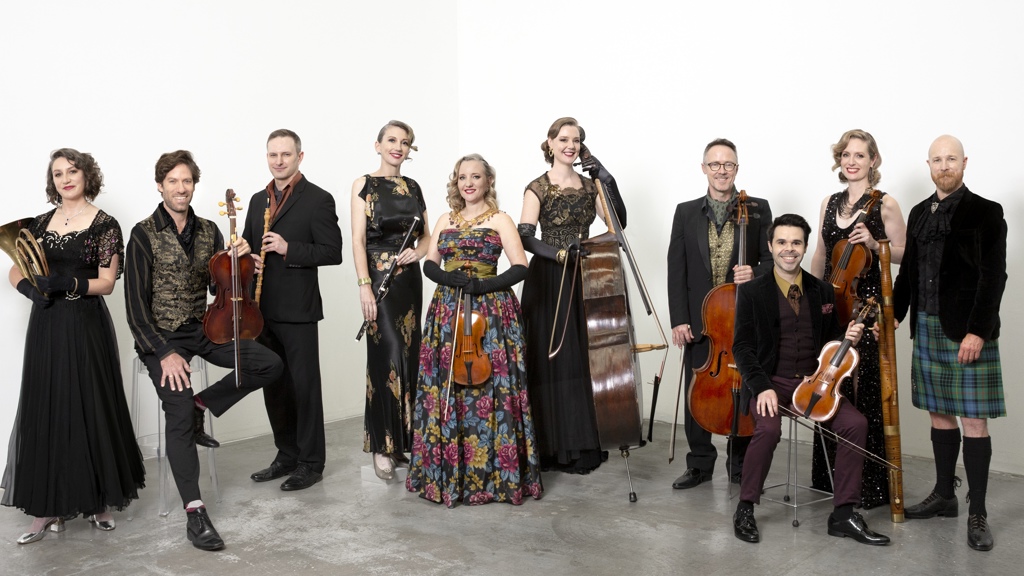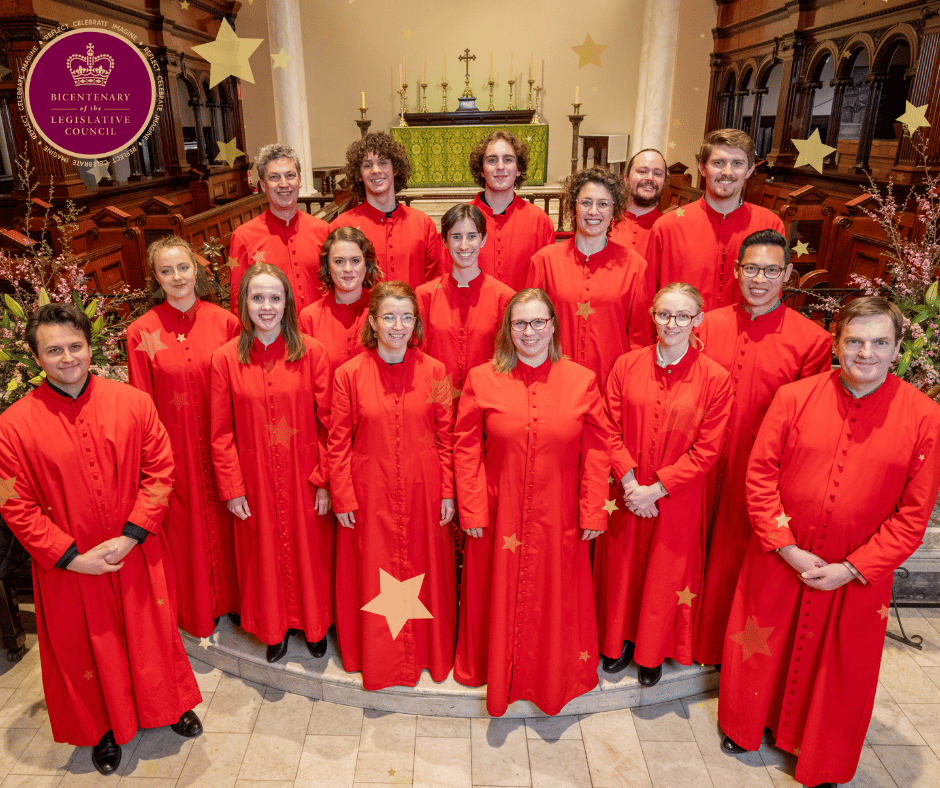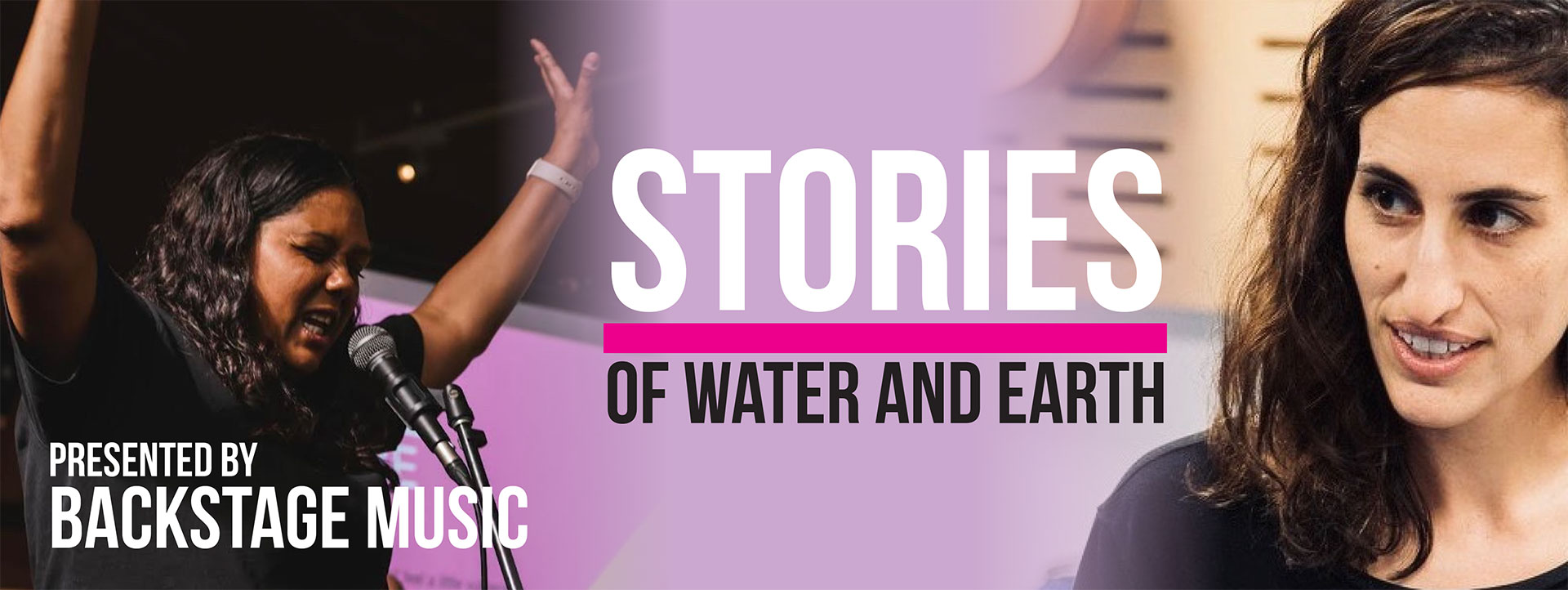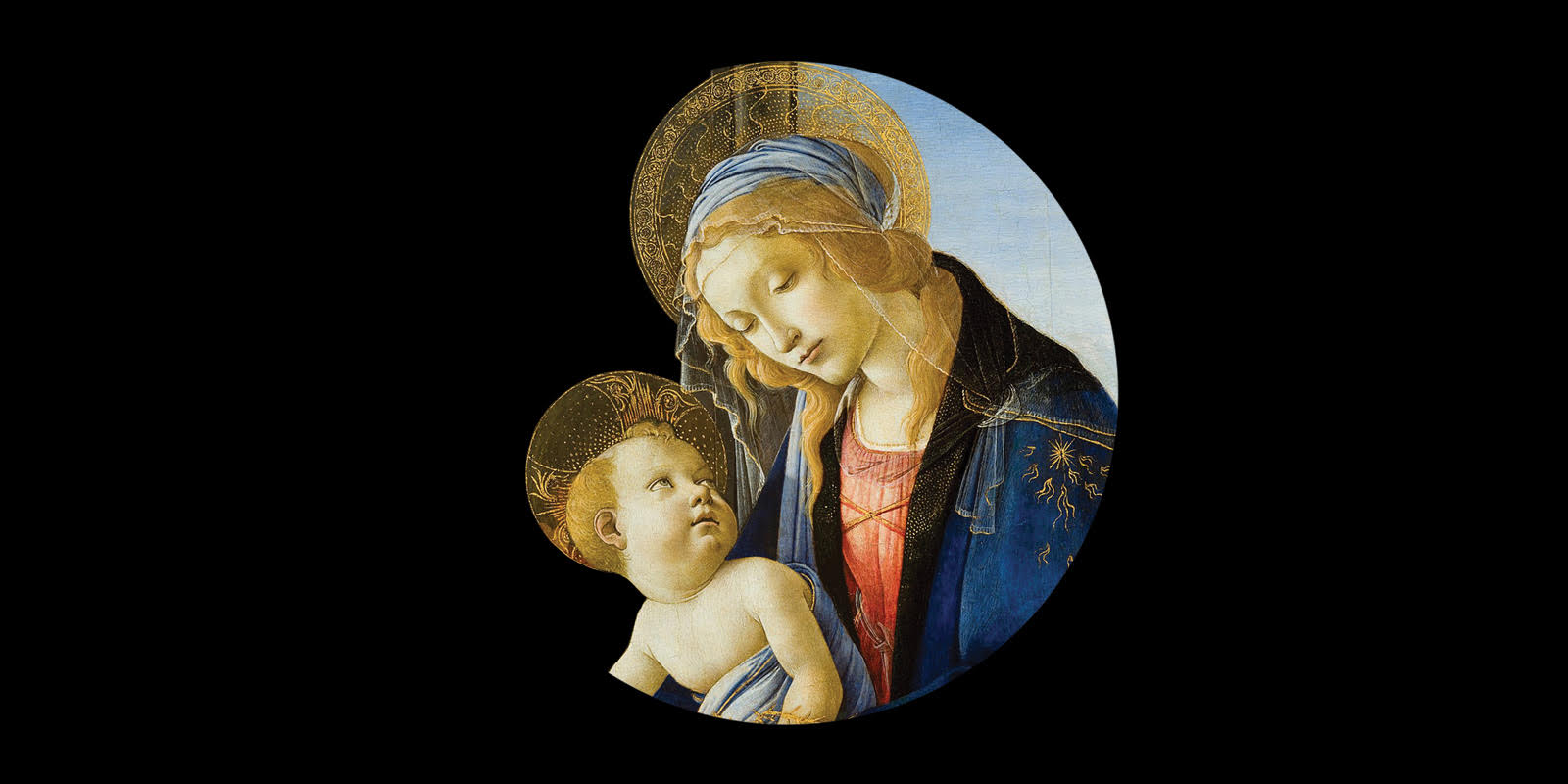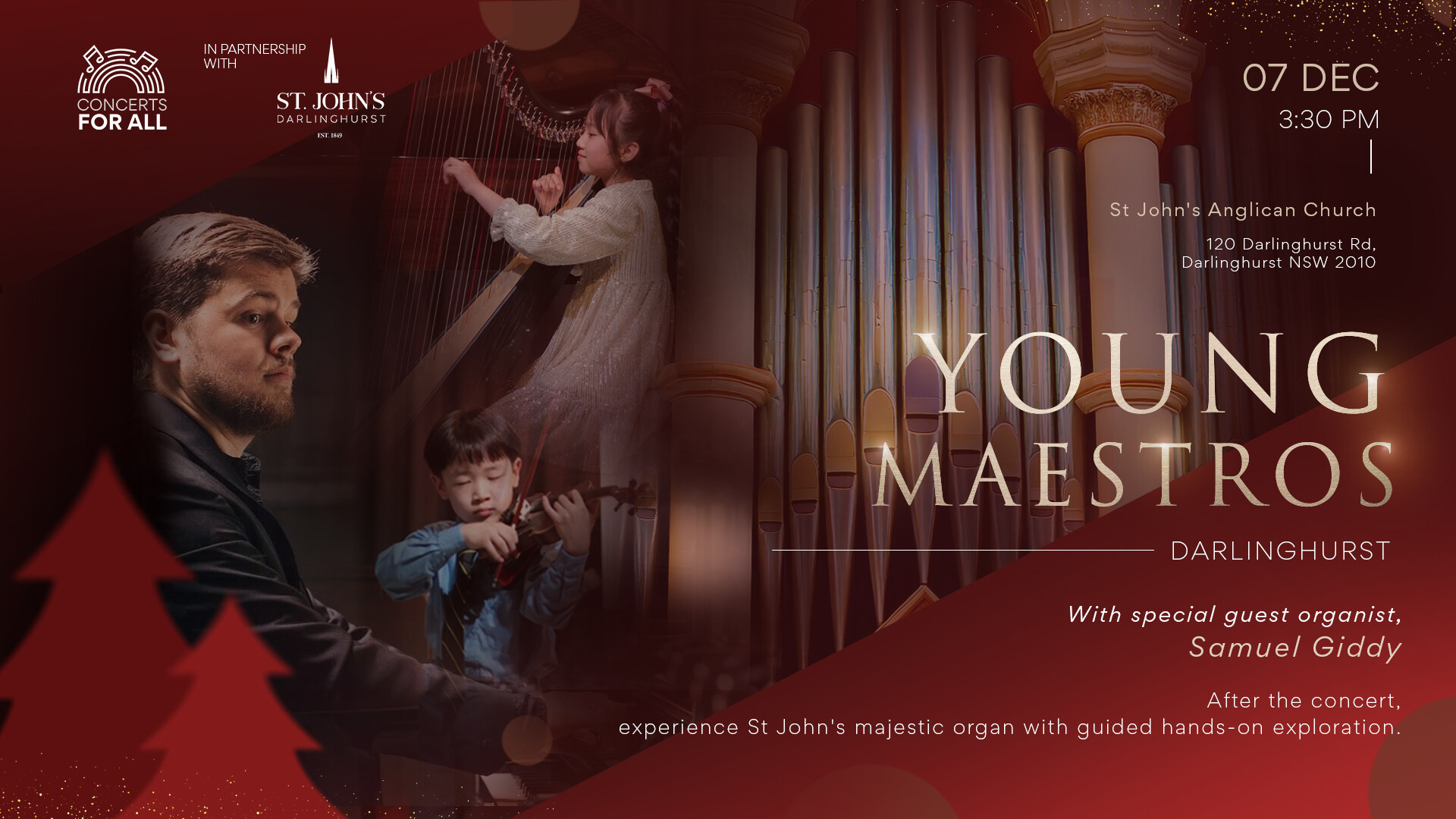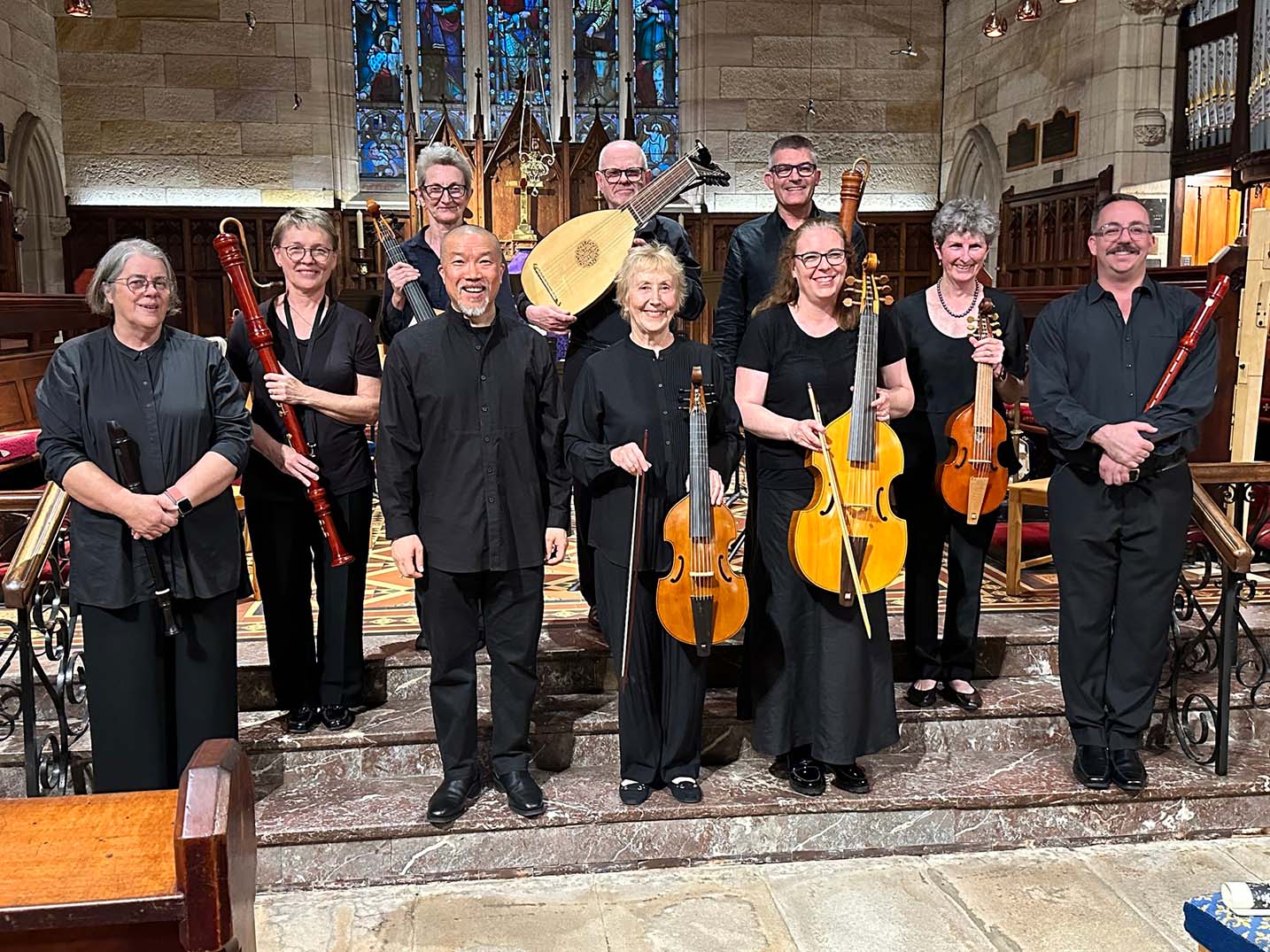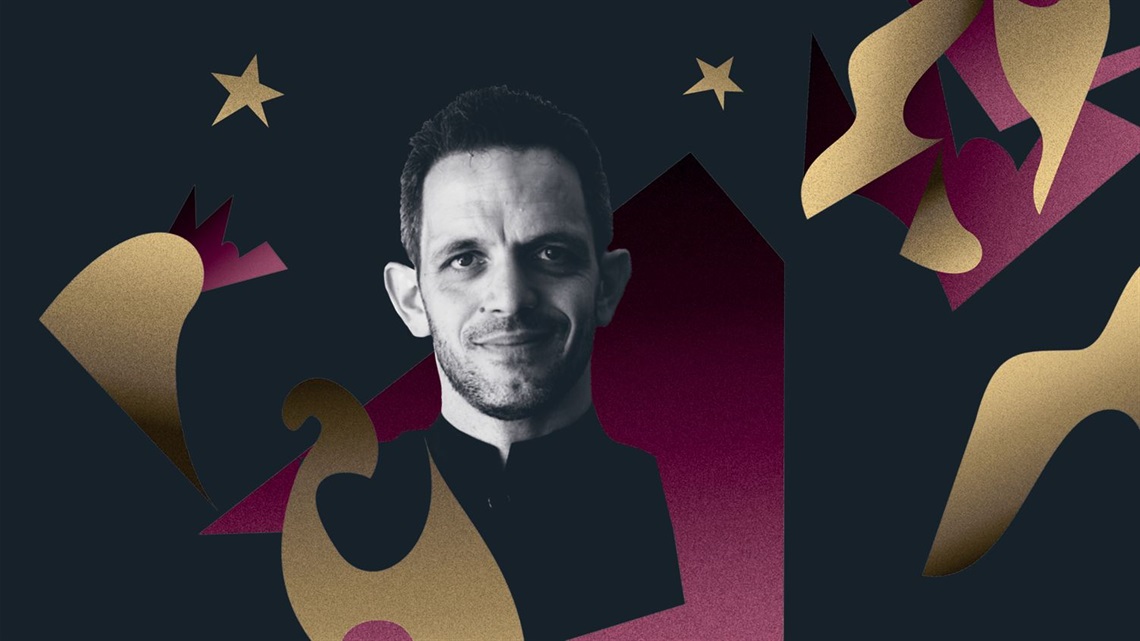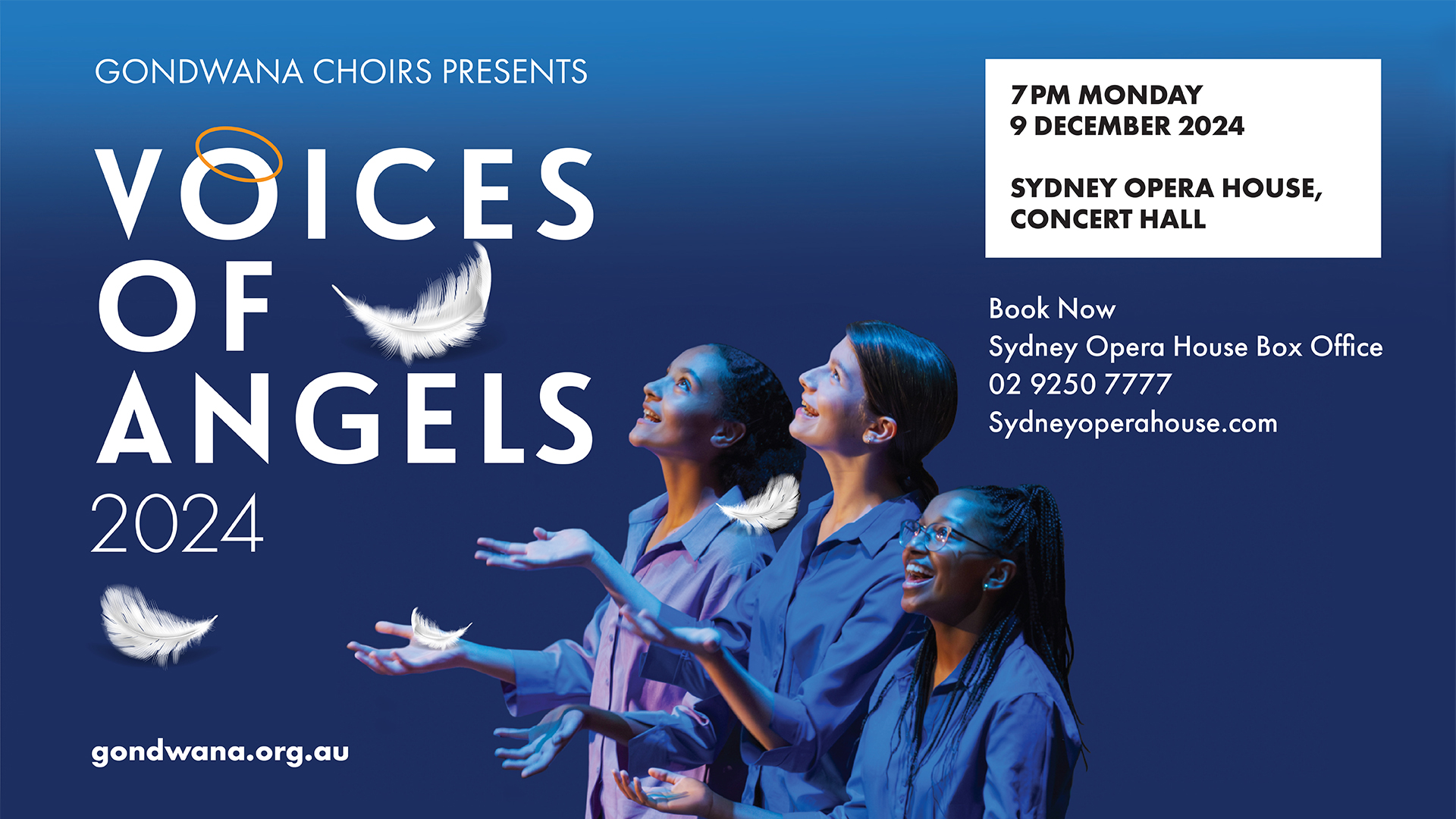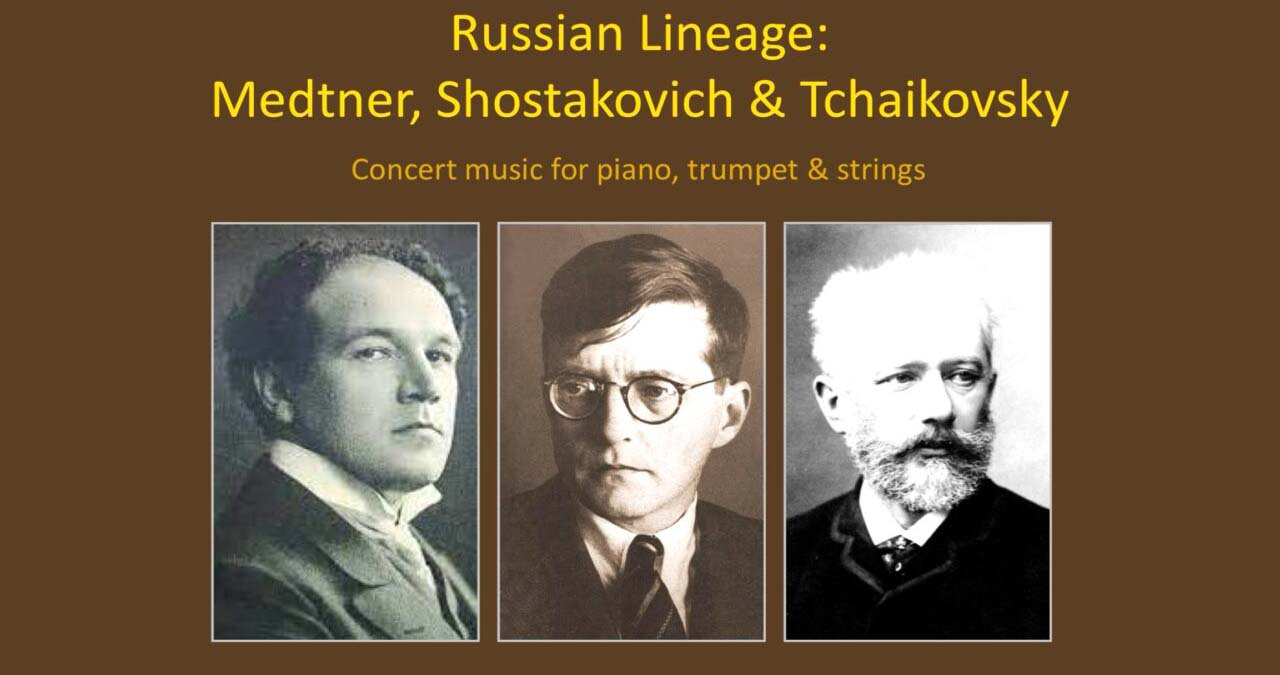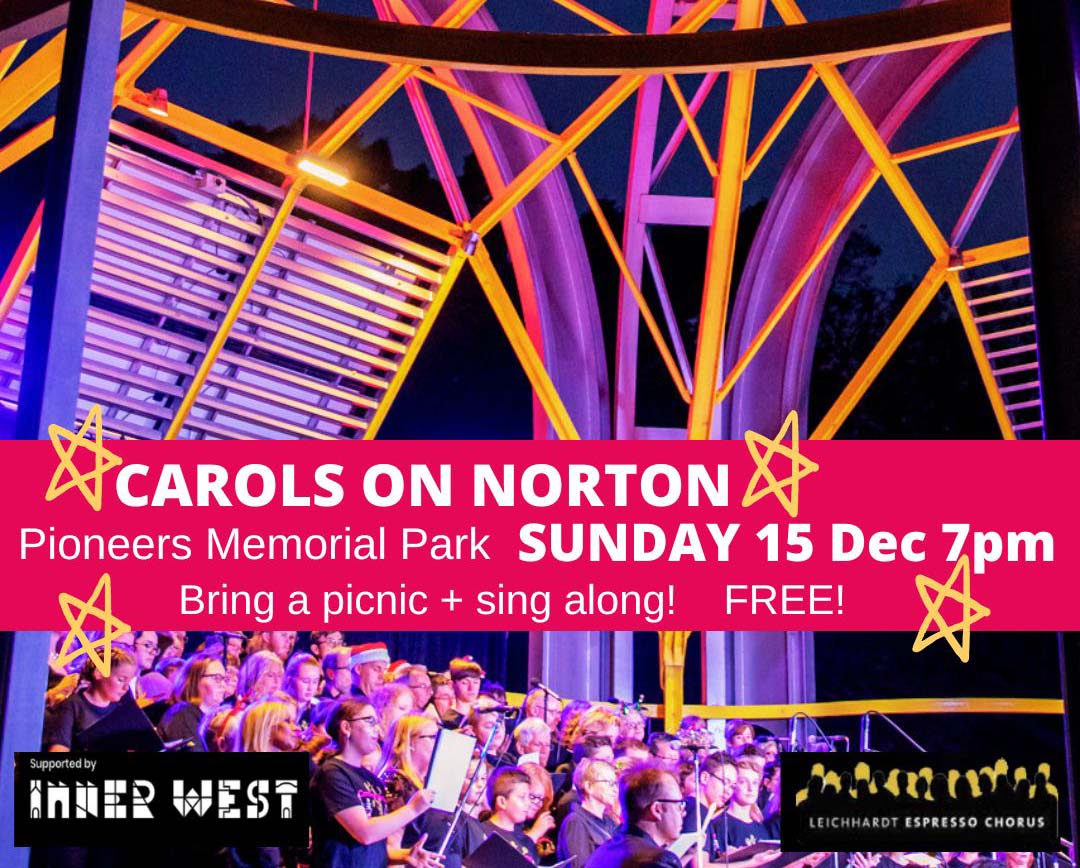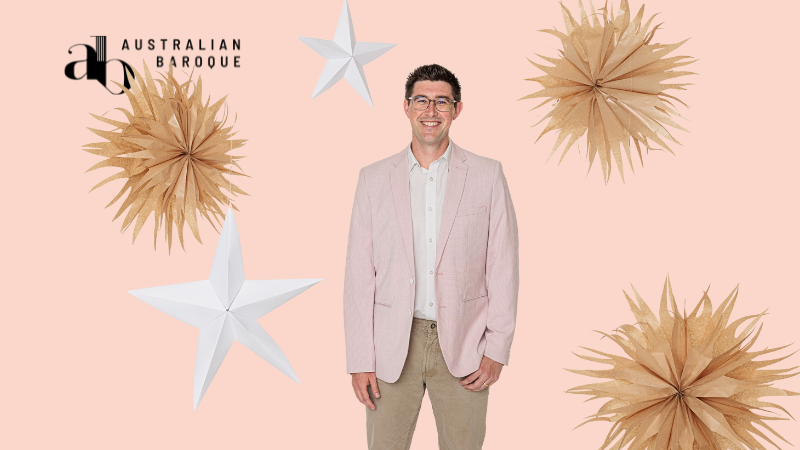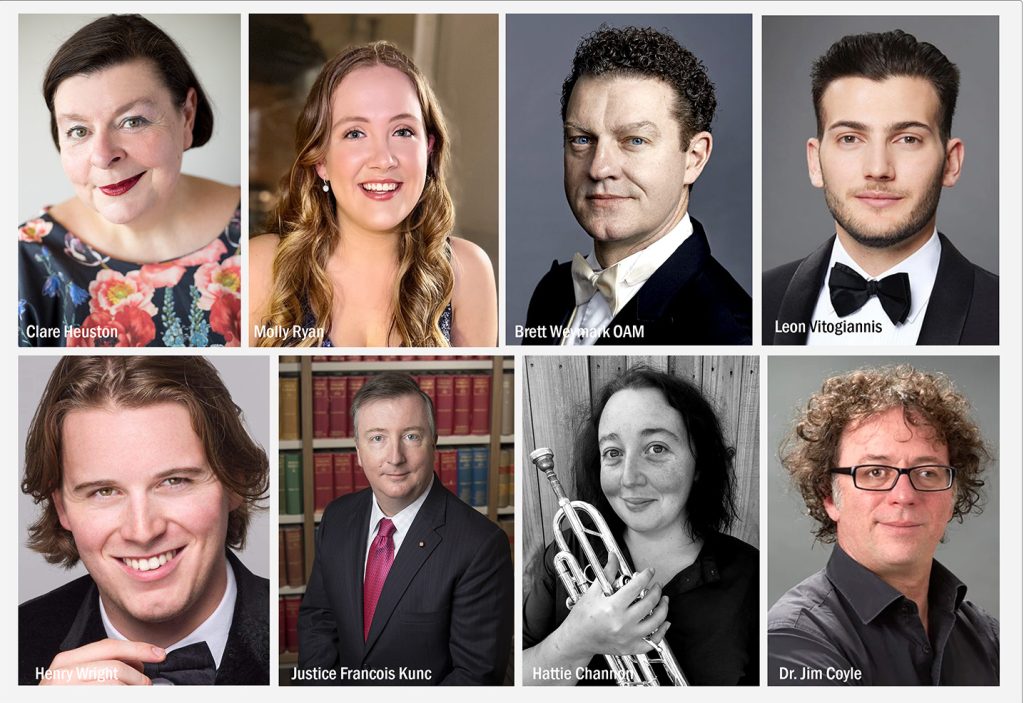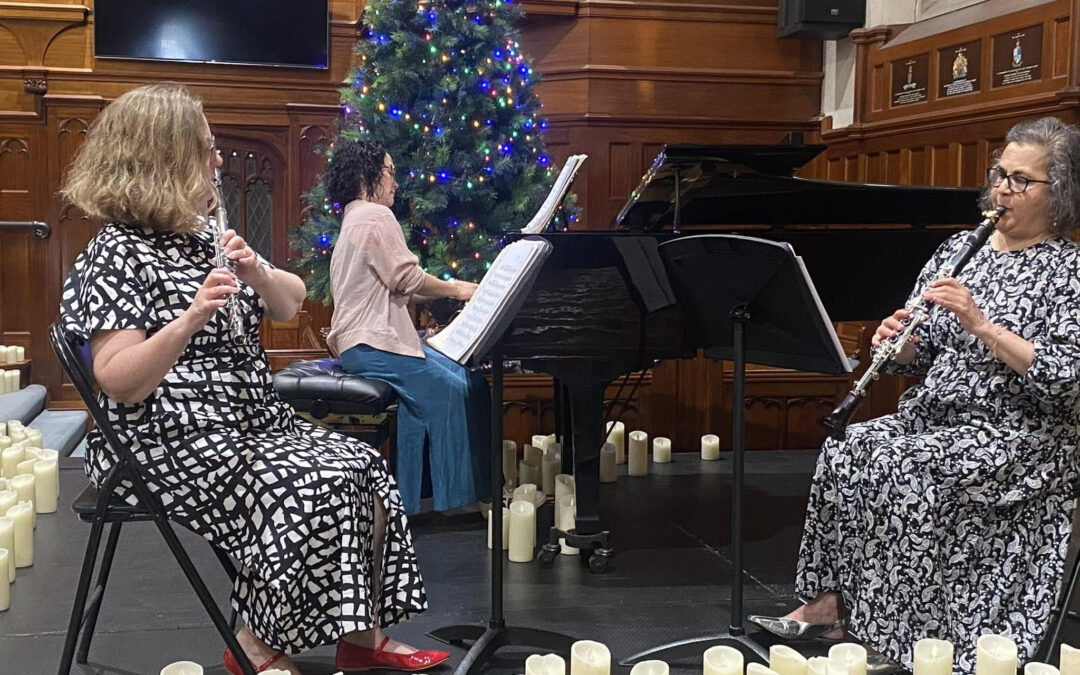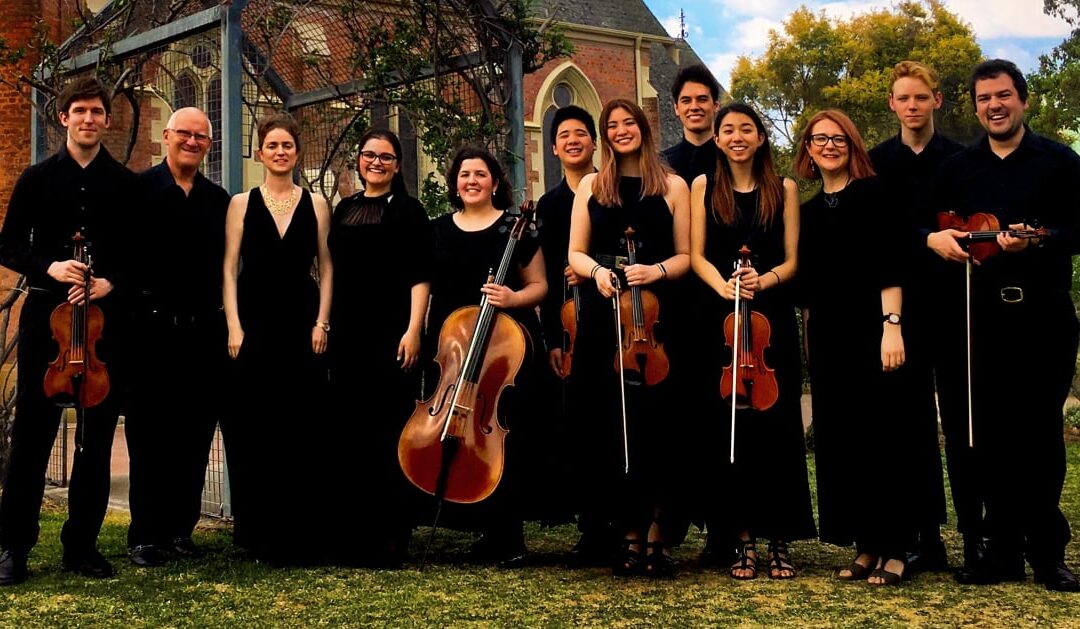North Sydney Symphony Orchestra | A Hebrew Celebration
Featuring Bel a cappella
24 September, 2022, Verbrugghen Hall, Sydney
The notion of music as theatre is something that’s always interested me. It takes us beyond merely the act of ‘listening’ to a concert, obliging us instead to reckon with the entire spectacle. Each and everyone has a job to do and in our case it’s the musicians, the choir, the soloists and the audience. For me, part of that theatre is (strangely) the warmup when the instrumentalists let rip, notably the flautists with that marvellous dissonance created by their shrieking, squeaking glissade up and down the scale. Then silence as the concertmaster calls time before the strings perform their tune up… and we wait with anticipation.
What brought all of us together on Saturday evening was a celebration of the ancient Hebraic musical tradition and homage paid to it by the likes of Prokofiev, Lampl, Bloch, Zeisl, Vladigerov, Dyson, and the inimitable Mendelssohn. Some of the works were well-known and others entirely new to me. Steven Hillinger and Anthony Pasquill, both of them highly accomplished conductors, led us on a journey that encompassed joy, pathos, deep reflection, glory and, well, sheer exuberance. Eden Shifroni, Kirralee Hillier, Simon Lobelson and Molly Ryan were never less than wonderful and powerful singers, to boot. Shalom, indeed.
Sergei Prokofiev – Overture on Hebrew Themes, Op. 34
I very much liked this piece right from the outset. With its introit by double bass, then clarinet joined by strings, there was a curious ‘oom pa pa’ quality in that first page of sheet music. I could almost picture myself in a dark wood in search of a place of refuge – a familiar theme in the history of the Jewish peoples. What is it about such plaintive music that strikes home and to the heart? There’s a longingness with which I readily identify, but as we know there is also a joyousness in music that interprets the Jewish experience. I’ve never made any secret of my lack of credentials when it comes to the task of the reviewer, but I would have liked the orchestra to have pulled out all stops at certain dramatic moments. Here was a piece that erupted periodically in what were expressions of urgency, for me a little more urgency in delivery would have emphasised the point. As I said, that’s just my untutored opinion and I may be wrong.
Kenneth Lampl – Jerusalem – A Meditation for Peace
Next up was Bel a capella with Lampl’s Jerusalem and the beautiful, melodic meditation on – and for – peace. Choir leader, Anthony Pasquill, launched into a moment of reverie and there were times when I thought John Taverner and Eric Whitacre were in the auditorium, both favourites of Pasquill and the choir. The soprano line shone, strong and clear, a wailing wall echoed by an emphatic tenor line that was stirring – and emotional, yet it would be wrong to single out any particular element of the choral writing. There was, like one finds in any performance, the occasional (though slight) wobble which reflect not upon the two ensembles’ technical abilities as musicians but on practice. This goes for anything we do in life. By the way, it was only after reading the program notes that I recognised Lampl’s immersion in the writing of Hollywood film scores.
Ernest Bloch – In Memoriam
Here was a piece that was lush, expansive and so reminiscent of the vastness of the North American prairie, and somewhere on that Great Plain of memory perhaps the influence of Aaron Copland? Bloch’s journey as a composer started early in life. As a strongly individualistic young man, and after studying in a number of European capitals with notable violinists and composers, he forsook formal education and decided to become his own teacher. After hearing this piece I’m going to search out more on Ernest Bloch.
Erich Zeisl – Requiem Ebraico (The 92nd Psalm)
Known as Mizmor Shir L’yom HaShabbat, this Old Testament psalm is generally reserved for the holy Shabbat day. At Verbrugghen Hall it came alive for the first time in Australia. I found this large-scale work of Zeisl deeply moving, and powerful in voice and intent, reverential in fact. This work brought together Bel a capella and the three soloists and the effect was stunning, especially with the high quality of these performers. Never once did the composition stray into mawkishness considering the context against which Zeisl wrote, but rather it offered us all a fitting requiem, a reflection on the indescribable, utterly frightful period in European history. And from the choir there rose an anthem that was climactic, ending on a powerful, forward-looking and determinedly positive statement of Jewish identity.
Pancho Vladigerov – Hebrew Poem, Op.47
This begins darkly, no criticism intended. I wondered if Vladigerov was channelling Shostakovich, but in no time at all this musical poem rises to a crescendo. Here was yet another piece that through its dark and mournful phrasing harked back to the suffering of the Jewish people. In his working life and career, the composer himself was embraced by many conductors and performers, enough to fill pages of a Who’s Who volume. Such drama, such a wonderful piece by a wonderful orchestra.
George Dyson – Hierusalem
As a former chorister in UK’s Lichfield Cathedral, Pasquill was in his element with Dyson’s Hierusalem, which brought forth sounds that put me in mind of Vaughan Williams and Gerald Finzi. Exquisitely, quintessentially English with a choir that went every step of the way with its conductor, this piece was something to behold. And the choir? Attentive? Always. Noses buried in their scores? Never. Everyone was on cue and alert to this sumptuous piece. Soprano, Molly Ryan, statuesque and hugely impressive of voice, brought out the best in everyone on that stage. Yet another hauntingly beautiful melodic, choral and orchestral expression of Jewish history and Jerusalem. William Blake’s vision of Jerusalem, in that great hymn by the same name, came to my mind.
Felix Mendelssohn – Elijah – Thanks be to God
Mendelssohn’s hymn was, literally, a blast in every sense of the word. Rolling thunder? It was all stops out for this powerful affirmation of the Jewish faith and the Old Testament prophet, Elijah – My God is Yahweh. Bel’s powerful choral accompaniment (a full-throated roar) to an equally powerful orchestra won high praise from a deeply appreciative and thoughtful audience. Blasting away at the back was a battery of brass, the horn section excelling itself. What a confident, vibrant and splendid note to end on. Amen to that.

